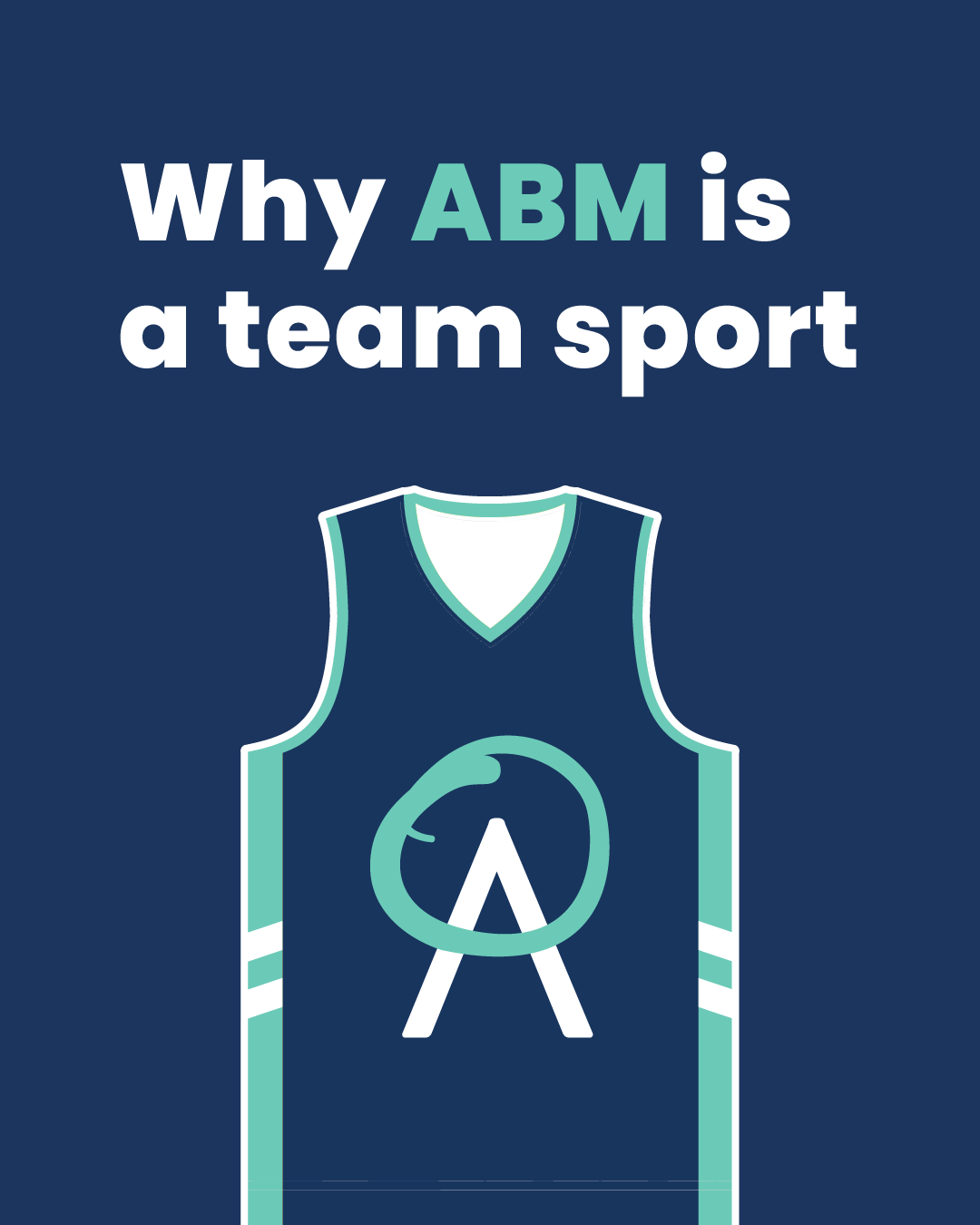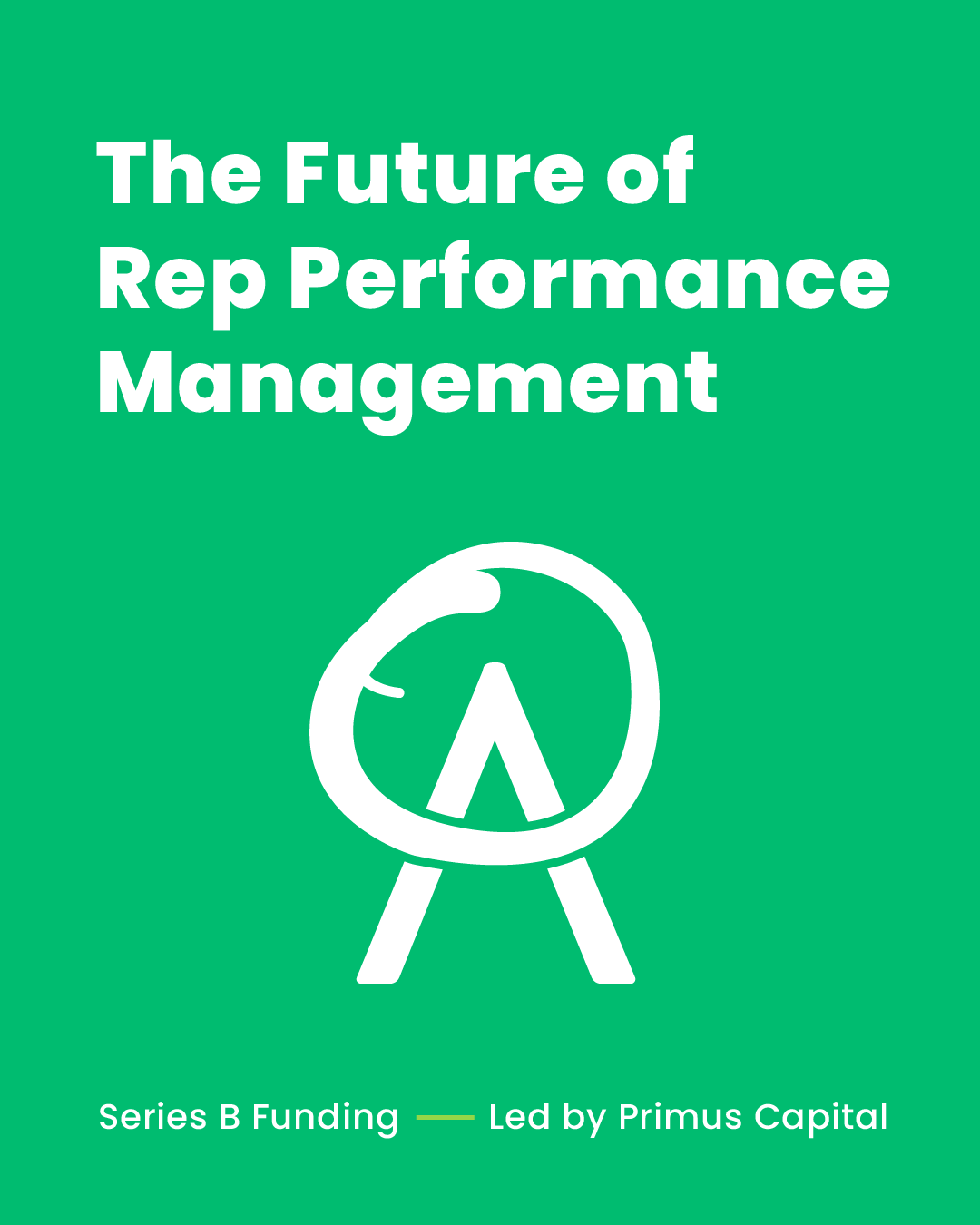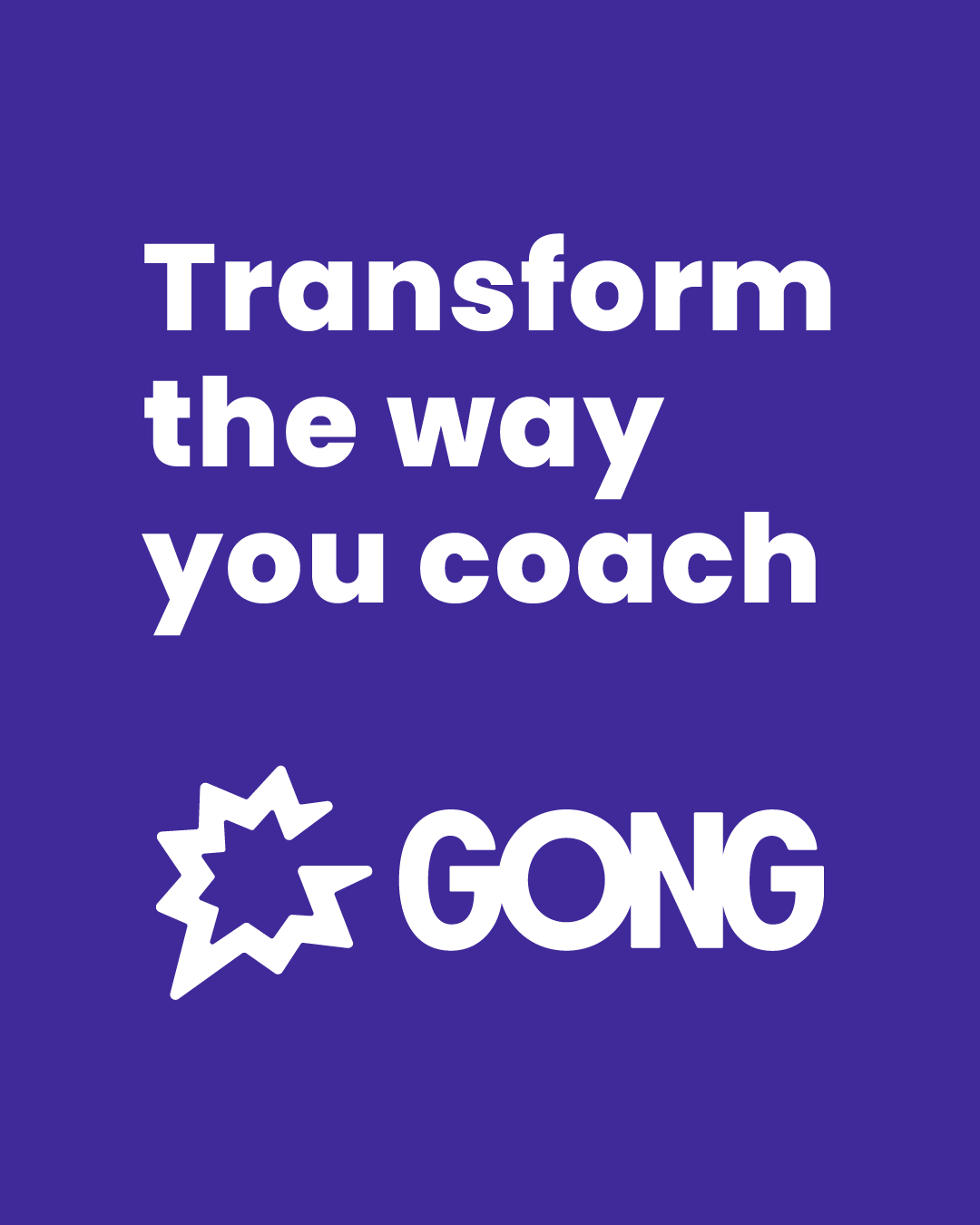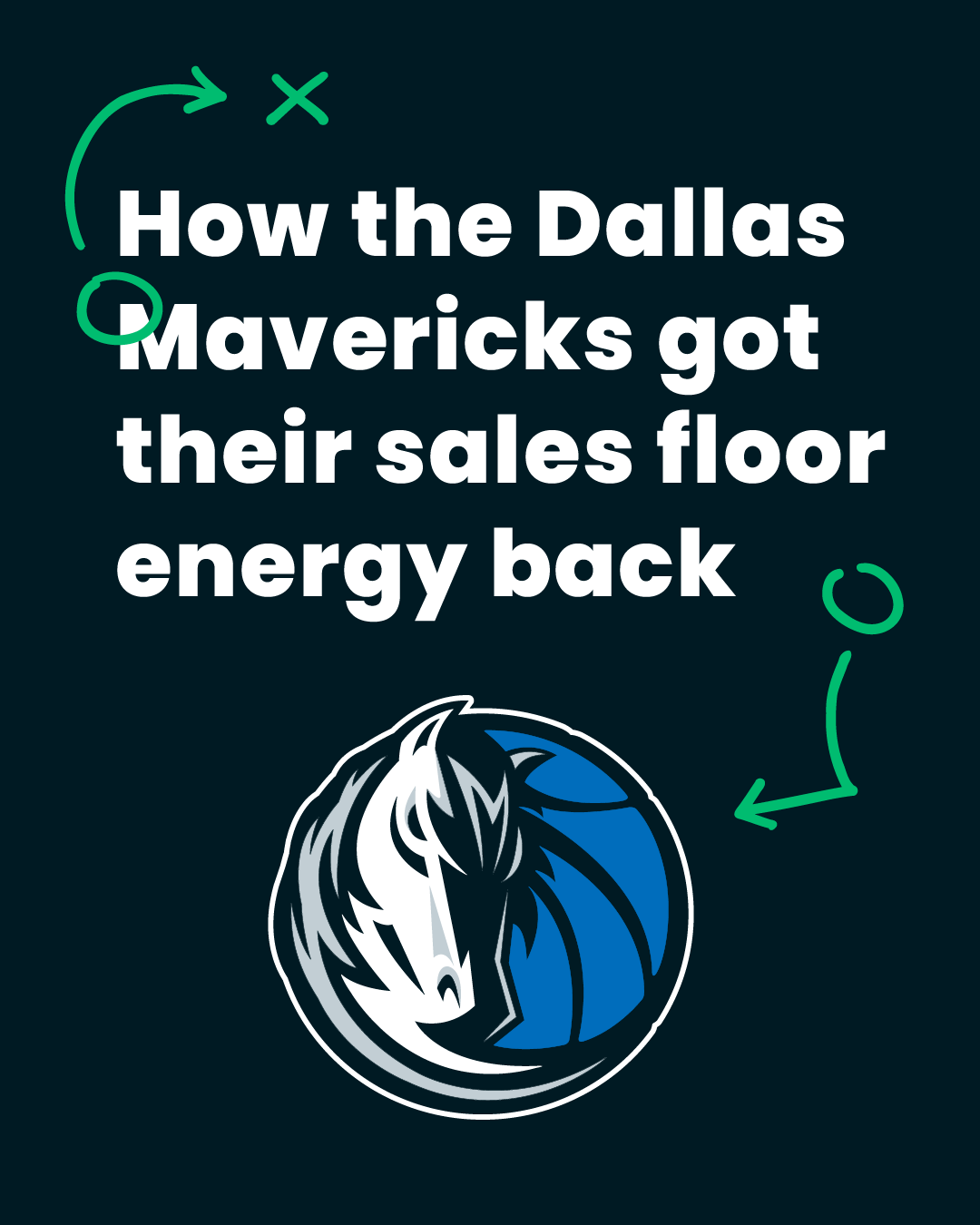How to Improve Sales Performance
What is sales performance?
Sales is all about hitting “that number,” and hitting that number depends on your team’s sales performance. Sales performance is determined by how effectively sales reps and teams execute selling activities and achieve their goals. If you’re hitting or exceeding “that number,” your sales performance is great. If not, it’s time to start thinking about how to improve sales performance on your team.
What impacts sales performance?
Although the quality of your team’s performance can be determined by how close you get to your revenue goals, sales performance isn’t about the number alone. There are many other factors that contribute to sales team performance. Sales performance reflects the quality of your product, service, and customer experience, and how well your people are reaching prospects and communicating with customers.
Low sales performance doesn’t necessarily mean that you have a team of bad sellers. 65% of sales reps say their direct manager has the most influence on their success—so while many factors contribute to sales performance, sales managers and sales coaches can greatly impact their team’s ability to achieve goals.
An Executive Analysis
How Sales Coaching Impacts Key Business Metrics
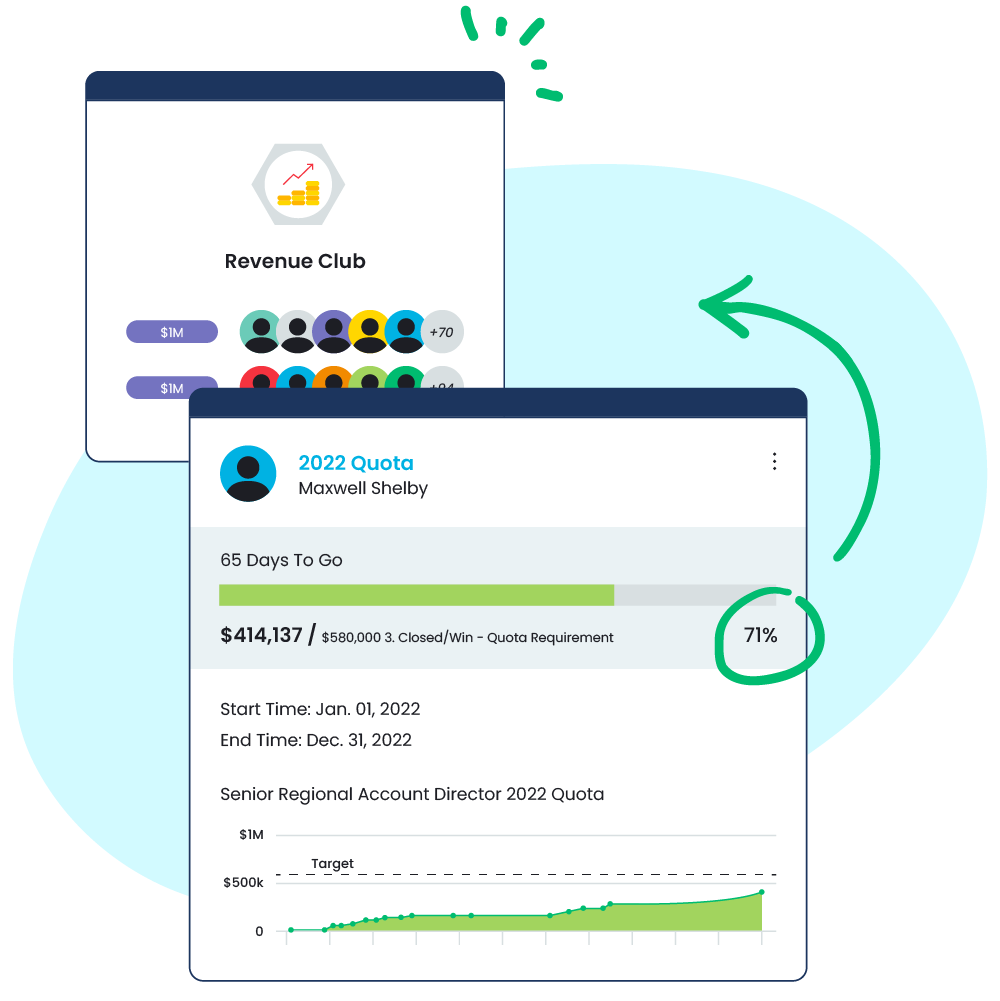
How to Increase Sales Team Performance
But even the best sales coaches need the right support to adequately empower and lead their teams. Having a holistic sales enablement strategy that integrates with your sales coaching software and sales enablement tools will allow you to not only coach your reps, but also track their performance and optimize your strategy to improve sales effectiveness in the long run.
Here are some actionable ways you can start improving sales performance.
Coach consistently
A consistent sales coaching program is the foundation of improving sales performance. Meeting with individual reps and teams at a regular cadence builds trust, accountability, and establishes a culture where learning and growth are celebrated.
When you coach consistently, you can readily identify areas of improvement for sales reps. Ideally, you’ll meet with each rep on your team for 1 hour each week. Your sales coaching software should aggregate performance data for you to easily review during each coaching session. This regular touchpoint allows you to coach reps where they need it most and measure improvement week over week.
Consistent group coaching is equally valuable, as it creates a space for peer<>peer learning and collaboration. Not only will your reps learn from one another; they’ll be able to offer anecdotal insight or feedback that will help accelerate the sales process.
Focus on the customer
The customer voice is critical to improving sales performance—because at the end of the day, they’re the ones signing on the dotted line. Helping them solve problems and providing excellent service should always be your top priority. Is your support team difficult to get in touch with? Is your content outdated or geared toward the wrong audience? Is your customer success team nurturing and investing in those relationships? Look for ways to improve the customer experience, and your sales performance will reflect it.
Audit your sales content
Your customers aren’t the only ones who need access to the right content; your salespeople do, too. Ensuring they have the right content at the right time can be the difference between accelerating or stalling a deal. Regularly audit internal and external-facing sales content to make sure everyone has the most relevant resources to keep deals moving and impact sales performance metrics.
Invest in sales enablement
You can hire the best sellers on the market, but they can only succeed if you enable them properly. If you notice a majority of reps struggling with a specific skill or you consistently see a dip in performance at a certain point in the sales cycle, consider running an enablement training program around that particular topic. Sales enablement and coaching will work in tandem to ensure new skills, messaging, and positioning are put into practice.
Download our Enablement Audit Framework to find out which programs, assets, and strategies you should focus on next to improve sales performance.
Measure coaching effectiveness
Sales performance and coaching effectiveness go hand in hand. Are managers actually coaching, and how well are they doing it? Sales coaching software measures every coaching activity and gives leaders visibility into who’s coaching, how often, and how it impacts sales performance. Measuring coaching activities allows you to:
- Understand whether your organization’s overall coaching strategy works
- Assess manager performance
- Build repeatable processes
- Identify and respond to trends in performance
Celebrate and reward good performance
People need to feel motivated to hit goals. By celebrating every win, you create a culture of encouragement that not only rewards and recognizes good performance, but also increases productivity and motivation. Recognize your people by awarding accolades, offering incentives, sharing wins in Slack or Microsoft Teams, or simply mentioning to them that you see and appreciate their impact.
Track the right sales performance metrics
Understanding how to improve sales performance requires a deep understanding of your sales process. Where are people falling short? Without tracking the right sales performance metrics, you can’t make informed conclusions about where your people need more coaching or training. Use your sales coaching software to track and analyze sales performance metrics, including:
- New opportunities
- Pipeline created
- Quota attainment
- Sales cycle length
- CSAT or NPS
- Accounts at risk
